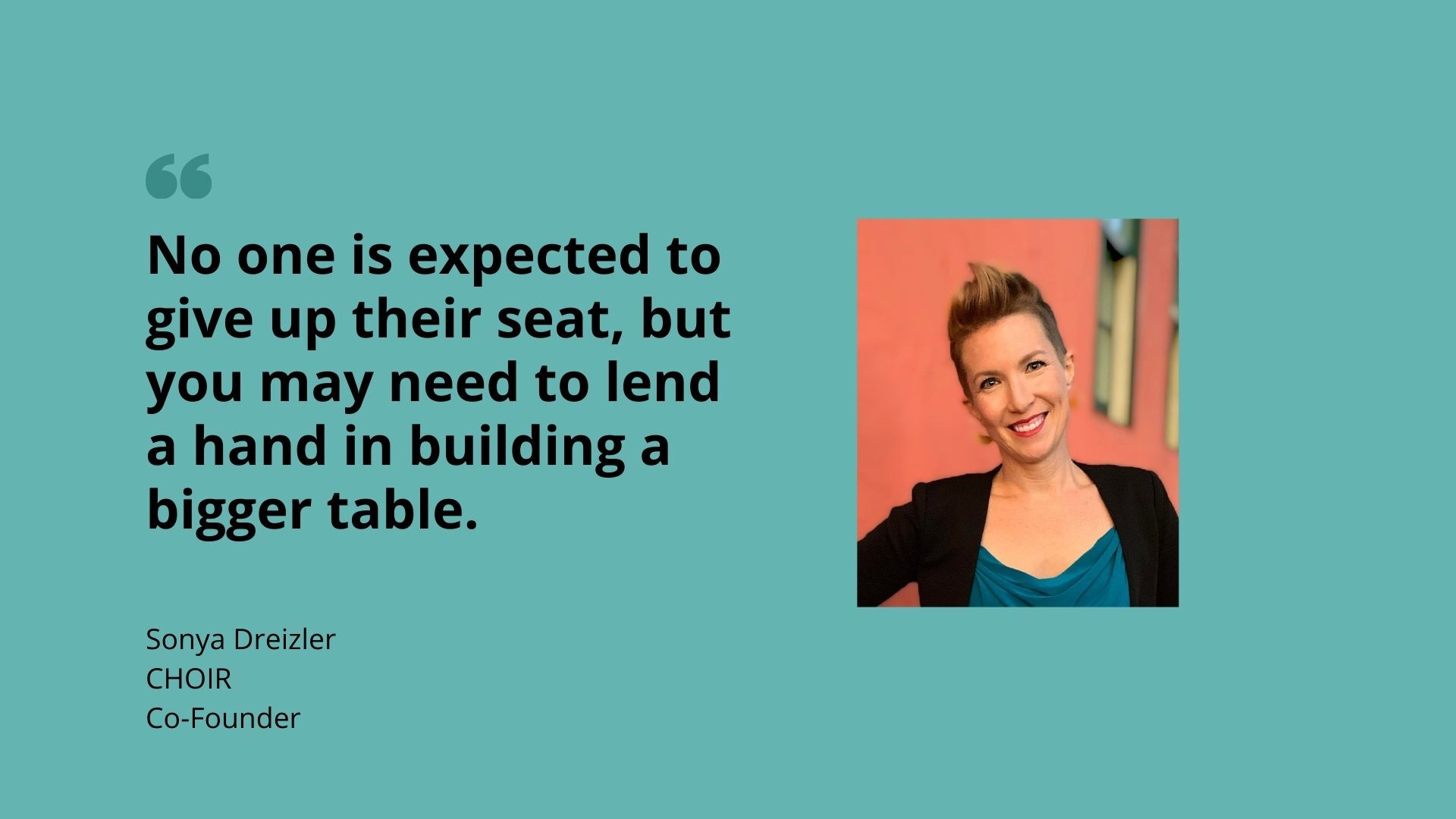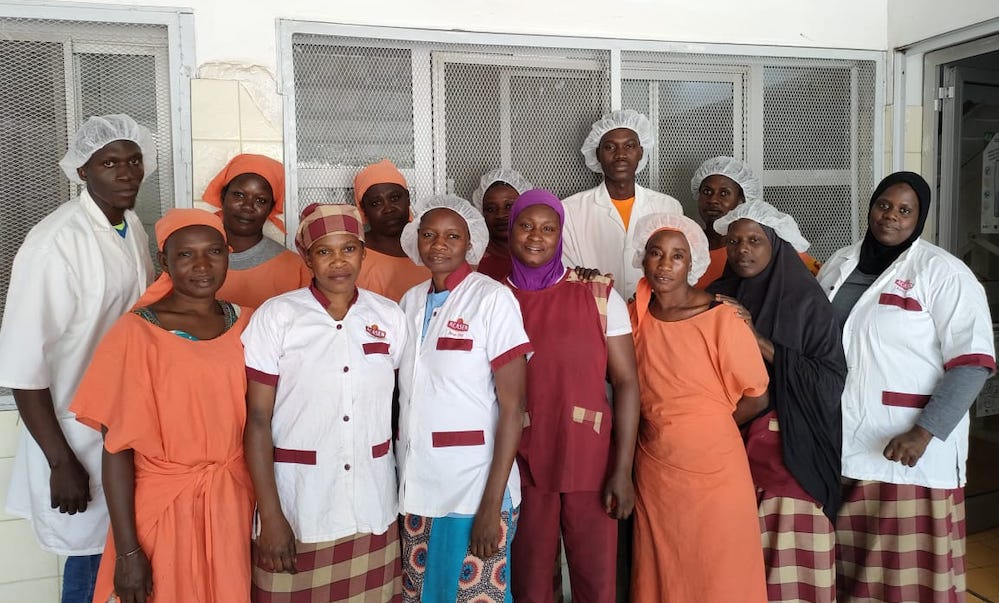ImpactAlpha, March 10 – South Africa-based Womvest launched last year to connect women entrepreneurs and investors for mutual support. The network of more than 700 women has created a pilot fund with investment firm Secha Capital to provide short-term debt for businesses in Secha’s portfolio. Companies that achieve gender-related targets will get a rebate at the end of their loan, an example of the growing use of impact incentives.
“This facility allows us to start channeling flows of capital to women entrepreneurs,” Womvest’s Maya Burney told ImpactAlpha. “And we’re making sure that capital is competitive from a returns perspective, while encouraging positive behaviors and incentivizing impact.”
Women supporting women
Womvest Ventures, Womvest’s new investment arm, has raised several million rand (+$100,000) from women in its network. The capital will support companies like Rush Nutrition, a woman-led health food company in need of affordable inventory financing, and i-Gen, a lithium battery manufacturer, which needs affordable working capital to backstop its supply chain. In turn, the companies commit to creating new jobs for women, growth and mentorship opportunities for female staff, and upskilling women workers.
“We’re hoping that the success of this instrument will allow us to scale it with other partners and eventually institutional investors so we can provide flexible, gender-focused working capital on a broader scale,” said Burney.
Capital access
The debt facility is a complement to Secha’s hands-on approach to equity financing and is necessary for growing businesses, said Secha’s Brendan Mullen. “It replaces some of the other credit options we have, with some additionality.”
The terms are “less onerous” and rates are more affordable than other options in the market, added Burney.
Investors, meanwhile, will get access to a “de-risked” portfolio and a 10% return on their investment.











